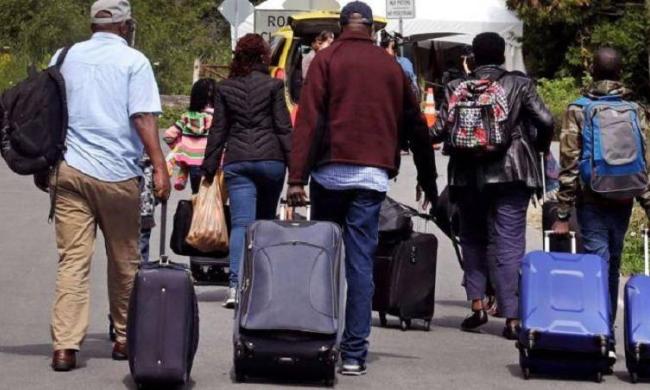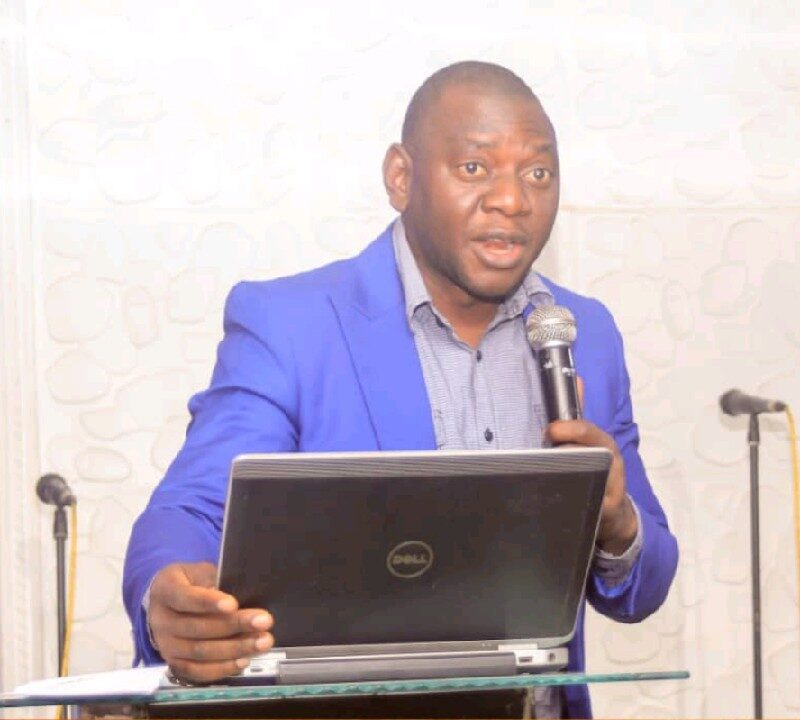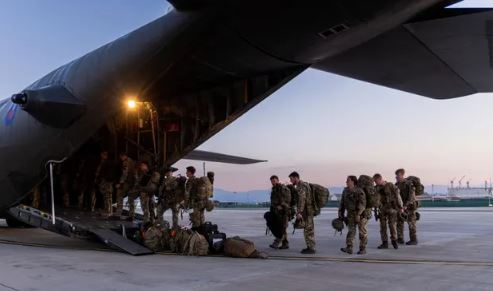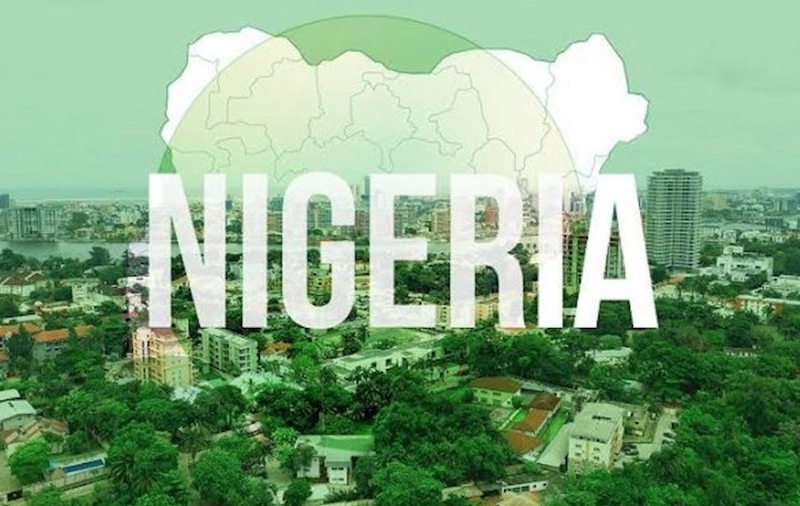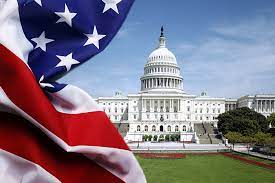IT was a multinational gathering which included 41 embassies. It was a trans-generational assembly which comprised diplomats of the 1960s and 70s, activists of the 1980s and current students, mostly from Bingham University, Keffi. Also in the assembly were government officials, labour leaders, writers and academics.
The gathering on Wednesday, October 18, 2023 at the Rotunda Hall of the Foreign Ministry, Abuja was organised by the foreign relations think tank, the Society for International Relations Awareness, SIRA. The theme was: “Africa In The Turbulence of A World In Search of Direction.”
As SIRA President, I welcomed the assembly with the assertion that the slaughter in the Middle East, the war of attrition in Ukraine, the carnage in Syria, the barbaric conflict in Yemen, the blind war in Sudan, the unending battles in Somalia and other such conflicts, diminish humanity.
I reminded them that we are confronted with a world in which the richest 10 per cent own 52 per cent of all income, while the poorest 52 per cent get just 8.5 per cent. These realities and climate change, I argued, endanger all humanity.
Professor Al-Hassan Conteh, the Ambassador of Liberia and Deputy Dean of the Diplomatic Corps, spoke on behalf of the Corps. He talked about “insurgencies and armed conflicts which have caused wanton global conflicts, including insurgencies, civil wars and inter-state confrontations resulting in excruciating displacements and complex humanitarian emergencies”. He lamented that: “Hundreds of millions of people currently live in protracted displacement due to these wars and environmental disasters. Additionally, terrorism and climate change have caused short- and long-term dislocations.” By way of a solution, the deputy dean posited: “As the history of global, regional, and national conflicts have taught us, diplomacy is the ultimate force that is more powerful than conflict in achieving peace and security.”
The chairperson of the occasion, Ambassador Brownson Dede, former Organisation of Africa Unity, OAU, Assistant Secretary General, Political Affairs and past Nigerian Ambassador to Ethiopia and Eritrea said humanity is faced with a dilemma. He said the on-going conflicts in Ukraine and the Middle East are indications that the world is in turbulence. Ambassador Dede asked rhetorically: “Can we as a country float without direction in the high seas, with no compass?” In emphasising that Nigeria cannot, he argued that foreign policy is too serious a business to be left to diplomats alone, hence the need for organisations like SIRA. He, however, advised against flooding our embassies with political appointees rather than allow career diplomats with professional expertise and knowledge to run them.
The distinguished guest of honour, Ambassador John Kayode Shinkaiye who was Chief of Staff to two African Union Chairmen: President Omar Konare and Jean Ping and at various times, Nigeria’s Ambassador to Equitorial Guinea, Ethiopia and Djibouti said the world is marked by unprecedented change and uncertainty. He observed that: “Africa’s diversity is one of its greatest strengths but paradoxically, that diversity creates challenges in achieving unity and common purpose.”
He said in pursuit of direction, Africa should not just focus on external factors but also on internal dynamics, adding that: “Inclusivity, justice, and the empowerment of all segments of society, are essential components of a thriving Africa.” Ambassador Shinkaiye, who is also the President of the Association of Retired Career Ambassadors of Nigeria, ARCAN, advised that: “As the world seeks direction, Africa can also lead in shaping global discourse. It has valuable insights into sustainable development, and in conflict resolution that can influence international policies and cooperation.”
The lecturer at the occasion was Dr. John Kayode Fayemi, past Chairman of the Nigeria Governors Forum and currently, Visiting Professor, School of Global Affairs, King’s College, London. In taking the assembly through human history, his thesis is that: “It is the process of the gradual decomposition of the post-1945 multilateral system and the Pax Americana that underpinned it that is at the heart of the current turbulence which we are witnessing in the international system.” The collapse of the Eastern Bloc, he said, had led to a false “triumphalist narrative” that the West had defeated the East. Russia, he said, might have weakened but it was just a matter of time before it repositioned itself as a major force.
While this was on, he said countries like China, India, Turkey and Brazil, arose “to challenge and successfully erode the economic dominance of the United States.” Fayemi argued that the emergent multi-polarity “speaks to a global reordering in which the old is dying simultaneously as the new is struggling to be born. It is a tense and delicate transitional moment in human history that is packed with doubt and fear as old certitudes are dissolved, new pecking orders are emerging, and existing global governance institutions are straining at the seams.”
He said there are suggestions that humanity might be edging towards a Third World War with climate change, terrorism, banditry and “the volatile cocktail of poverty (and) inequality” complicating matters. Fayemi, who was a former Minister of Solid Minerals, said: “For us in Africa, one clear opportunity is the chance to win ample autonomous space within which to advance our ambitions of structural transformation and, in doing so, take a role as a co-rule maker as the new global order gets fashioned out.” The continent, he said, must avoid being reduced yet again “to the site for a new scramble among the competing powers…”
Discussant, Benson Upah, lawyer, Labour leader and leadership expert, concurred that the world may well be knocking at the gates of a Third World War. He said there is no charity in international politics and that Africa has to be self-sufficient even if it has to steal buy or technology.
The Commandant of the National Defence College, Rear Admiral Olumuyiwa Morakinyo Olotu, said Nigeria has the population and resources necessary for the development but the challenge is how to annex them. He said that countries with military might, also need economic power to succeed. Olotu suggested that beyond diversifying the economy, the primary challenge should be to build Nigeria into an economic power.
The Director General of the Michael Imoudu National Institute of Labour Studies, MINILS, Issa Aremu, said the main challenge of Africa in the unfolding global challenges is how to turn it into an advantage as it did turn the post-Second World War into a force of change leading to independence.
A retired Director in the Public Service, Aminu Ahmed Yusuf, said Africa cannot afford to look “Neither East nor West” because the former colonial masters would not allow it. He suggested the continent be principled by defining its interests and pursuing them. Whatever the case, it is clear the human race faces mainly self-inflicted crises which require collective solutions.
